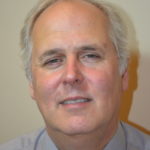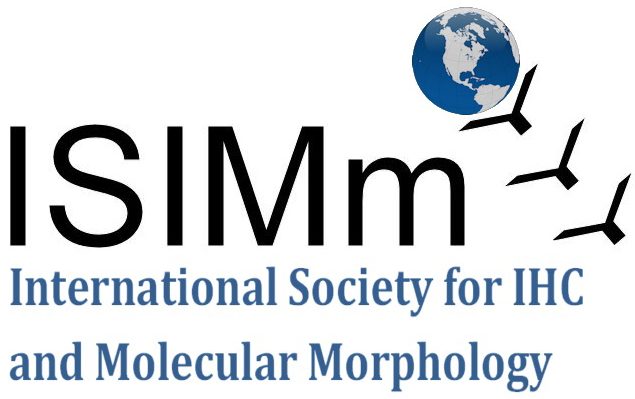One person’s view of the changing landscape of diagnostic immunohistochemistry informed by expectations of technical quality, emerging predictive biomarkers in an increasingly molecular diagnostic practice, exploration of new diagnostic applications, evolving technologies for real time multiplex testing and envisioning value-added diagnostic information derived from image-based artificial intelligence/machine learning.
At the end of the webinar, participants will be able to:
- Apply existing resources for optimizing existing and future immunohistochemical assays
- Describe the role of the laboratory in on-boarding new predictive markers
- Describe emerging technologies for real-time multiplex testing
- Appreciate the evolving role of image-based analysis of diagnostic histopathologic material
Host: Emina Torlakovic, ISIMM President & Heather Dow, CAP-ACP Executive Director
Target audience: Pathologists, Resident, Lab technicians
CanMEDS Role: Medical Expert
About the Expert: Dr. Swanson received his medical training at Oregon Health Sciences University in Portland OR. During a postsophomore fellowship in pathology, he was introduced to immunohistochemistry by Dr. Peter Stenzel. He continued his training at the University of Minnesota, developing and refining immunohistochemical applications with Dr. Mark Wick. The remarkable faculty at Minnesota (including Drs. Juan Rosai, Louis Dehner, Richard Sibley, Carlos Manivel and Dale Snover) gave him an appreciation for academic surgical pathology and the potential that immunohistochemistry held for the redefinition of this evolving field of inquiry. Though the diagnostic lab is pivoting to molecular techniques, Dr. Swanson remains focused on the delivery of appropriately optimized and validated assays. He regards immunohistochemistry as a place, perhaps even a state of mind, where diagnostic practice is unfettered by the largely artificial lines that delineate today’s subspecialty focus in surgical pathology.

This event is an Accredited Group Learning Activity (Section 1) as defined by the Maintenance of Certification Program of the Royal College of Physicians and Surgeons of Canada and approved by the CAP-ACP. You may claim a maximum of 1.0 hours per event attended. (credits are automatically calculated).
Declaration of Conflict of Interest:
- Receives honoraria; Wolters-Kluwer Publisher as Editor-in-Chief, Applied Immunohistochemistry and Molecular Morphology & College of American Pathologists; Member Guideline Committees for PD-L1 testing and immunohistochemistry validation for the CAP Quality Center
- Receives Funded grants from the CDC (USA); 0.03 effort as collaborator on a funded grant to assess the role of genetic counselling in new colon cancer patients
- Has a relationship with the ASCP; Member, CER-SAC committee advising leadership on society educational objectives
